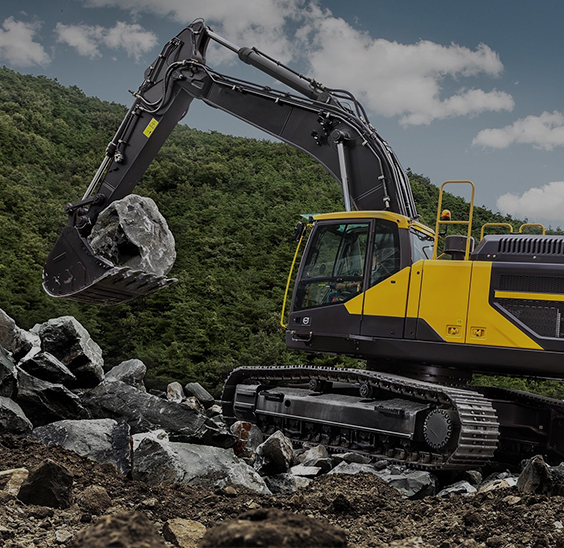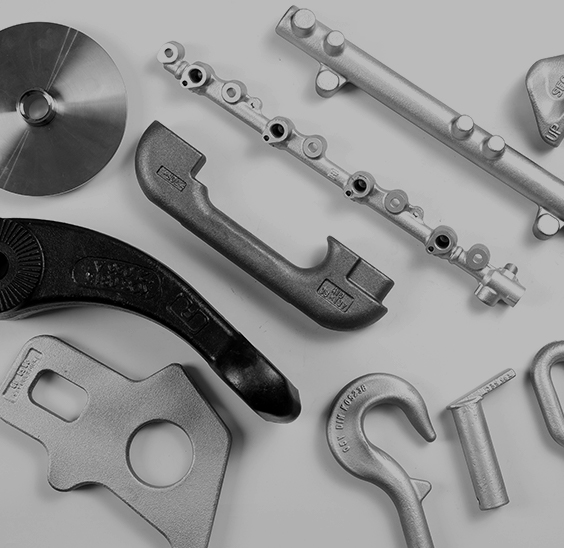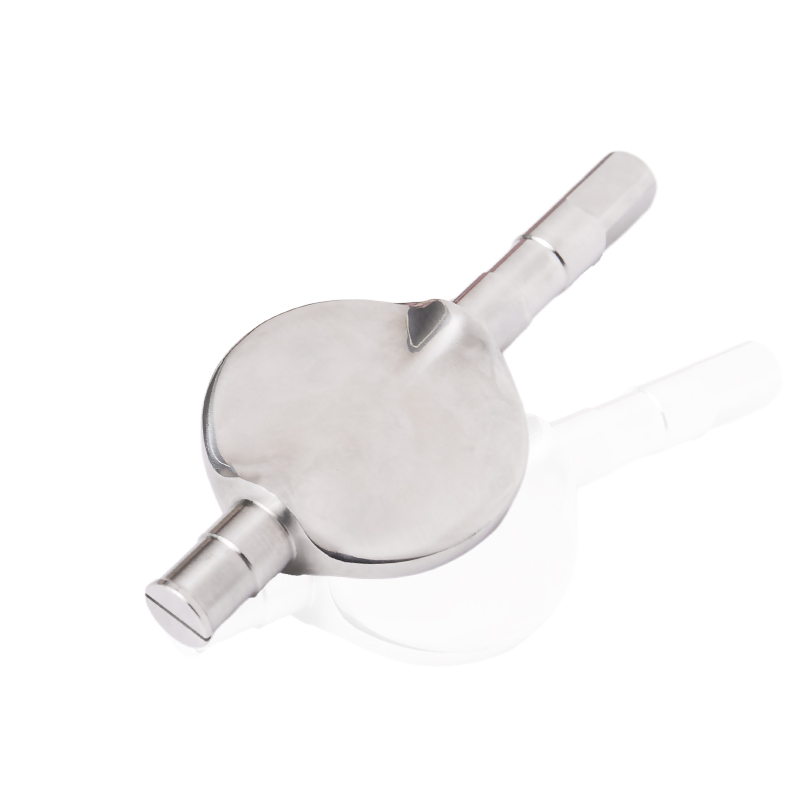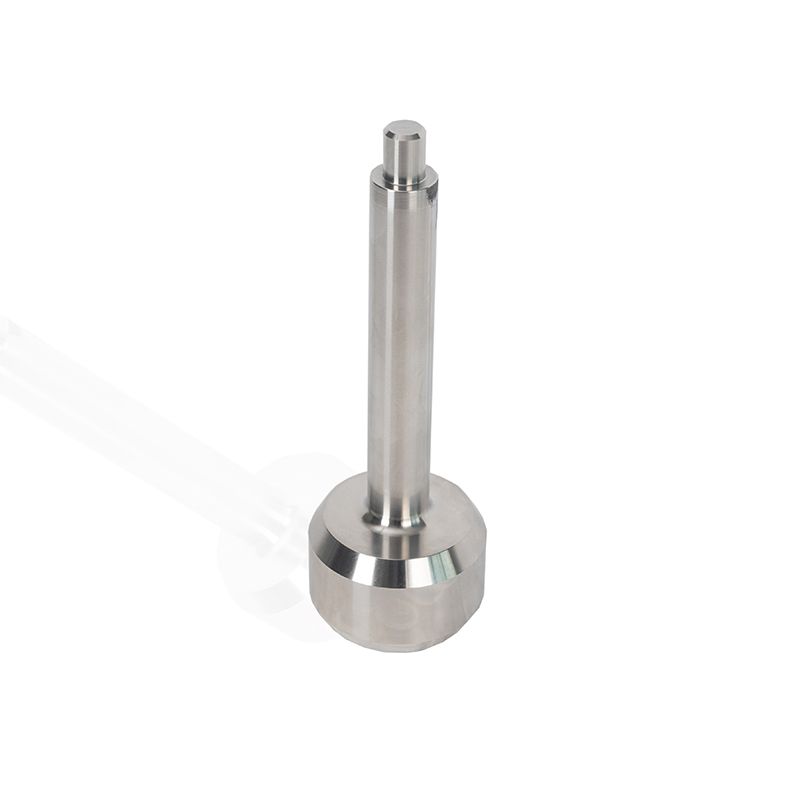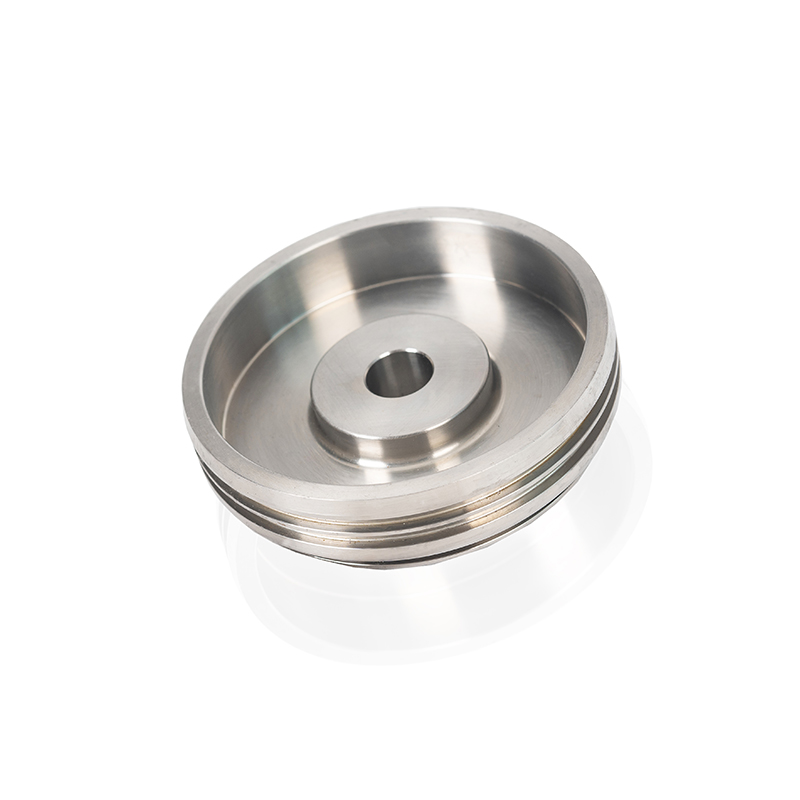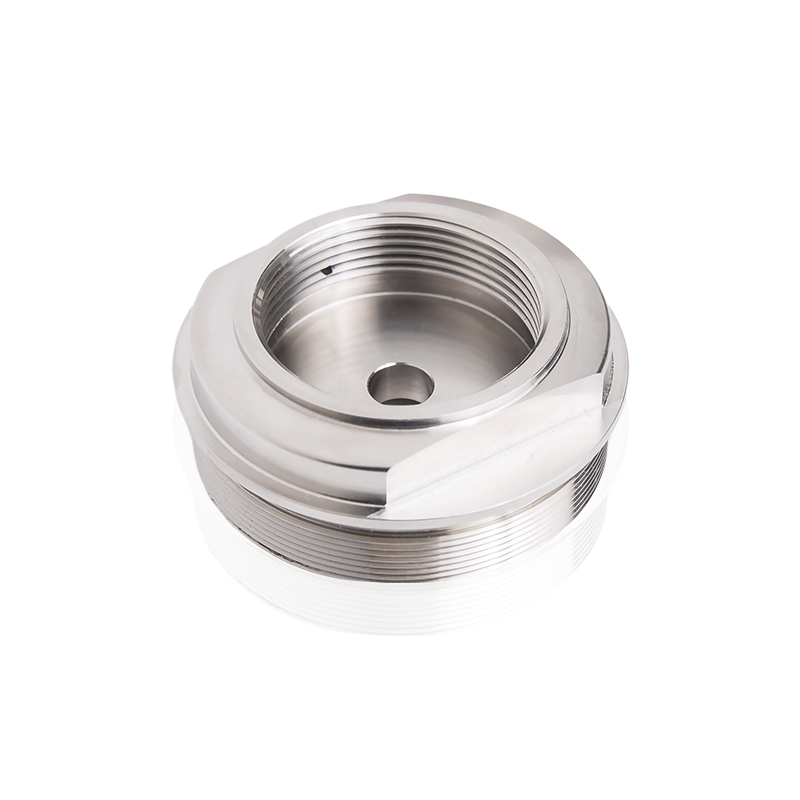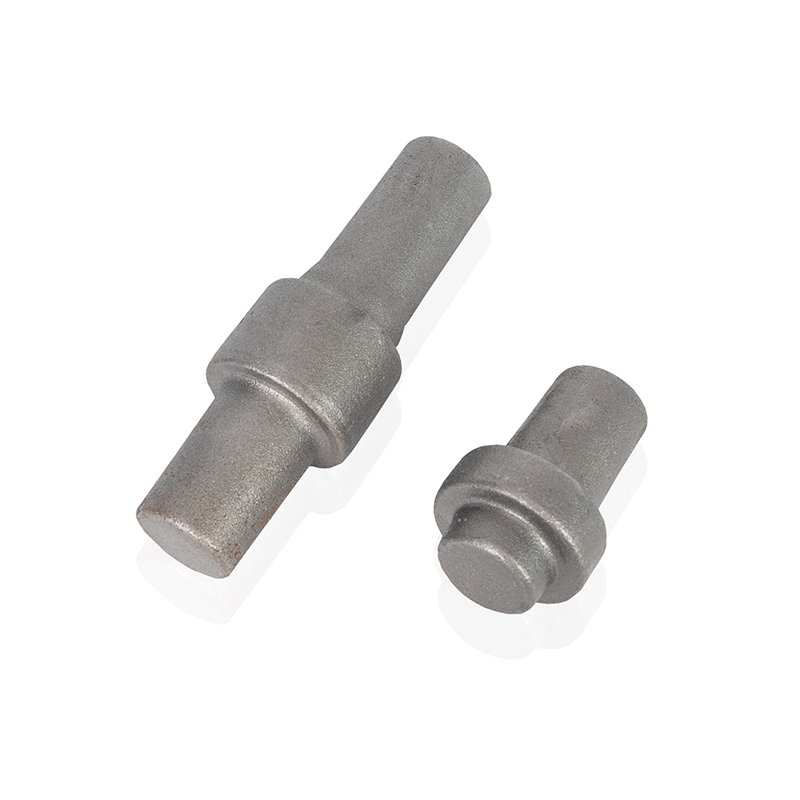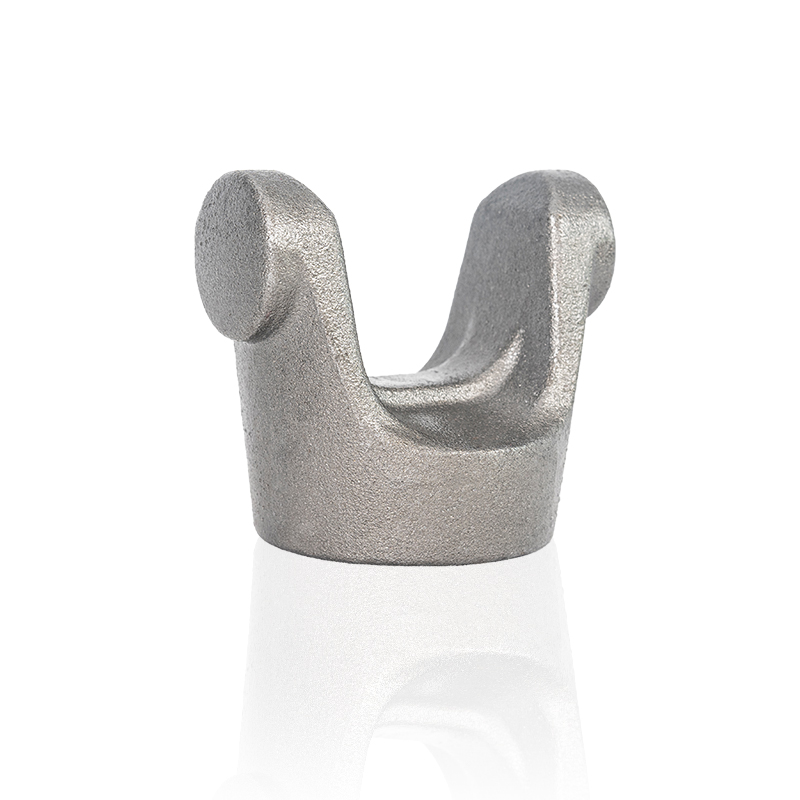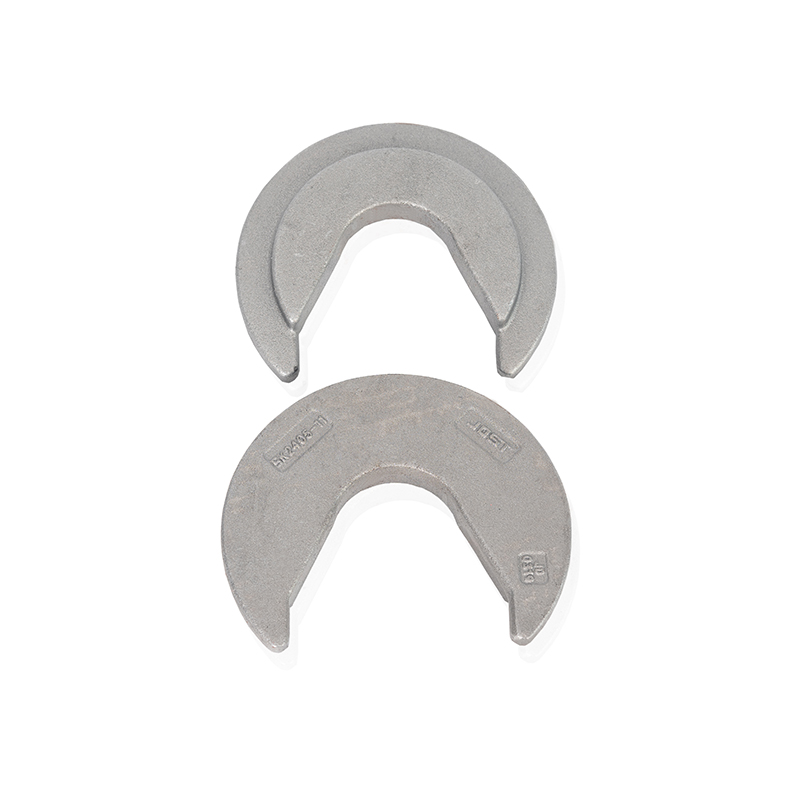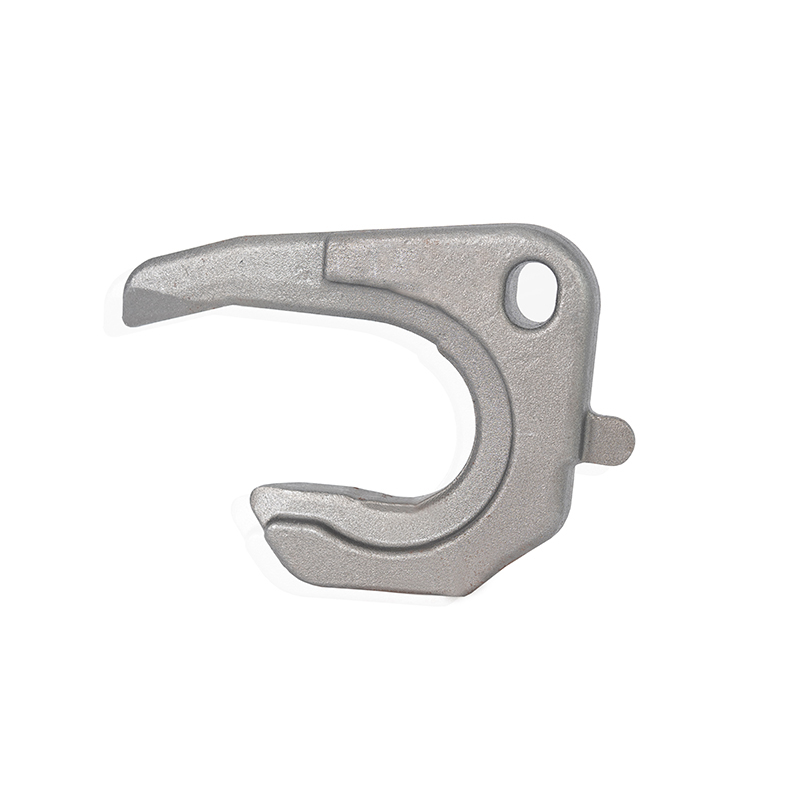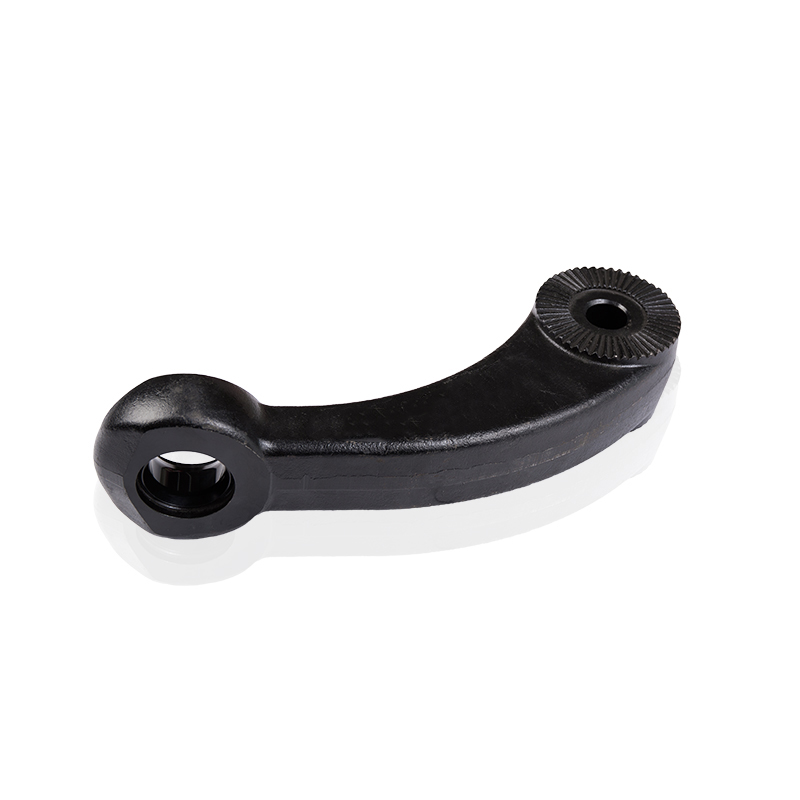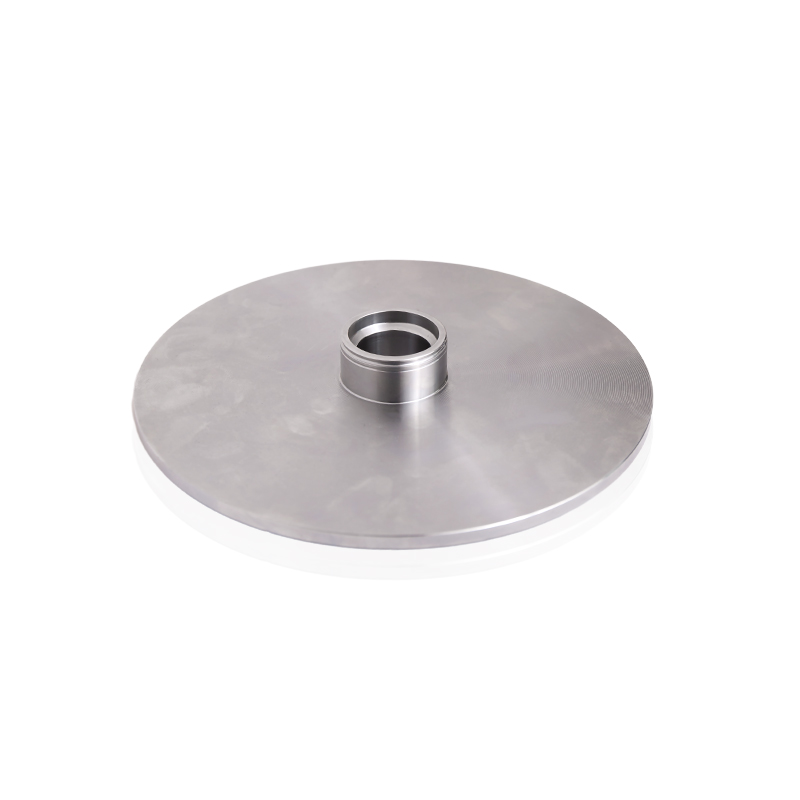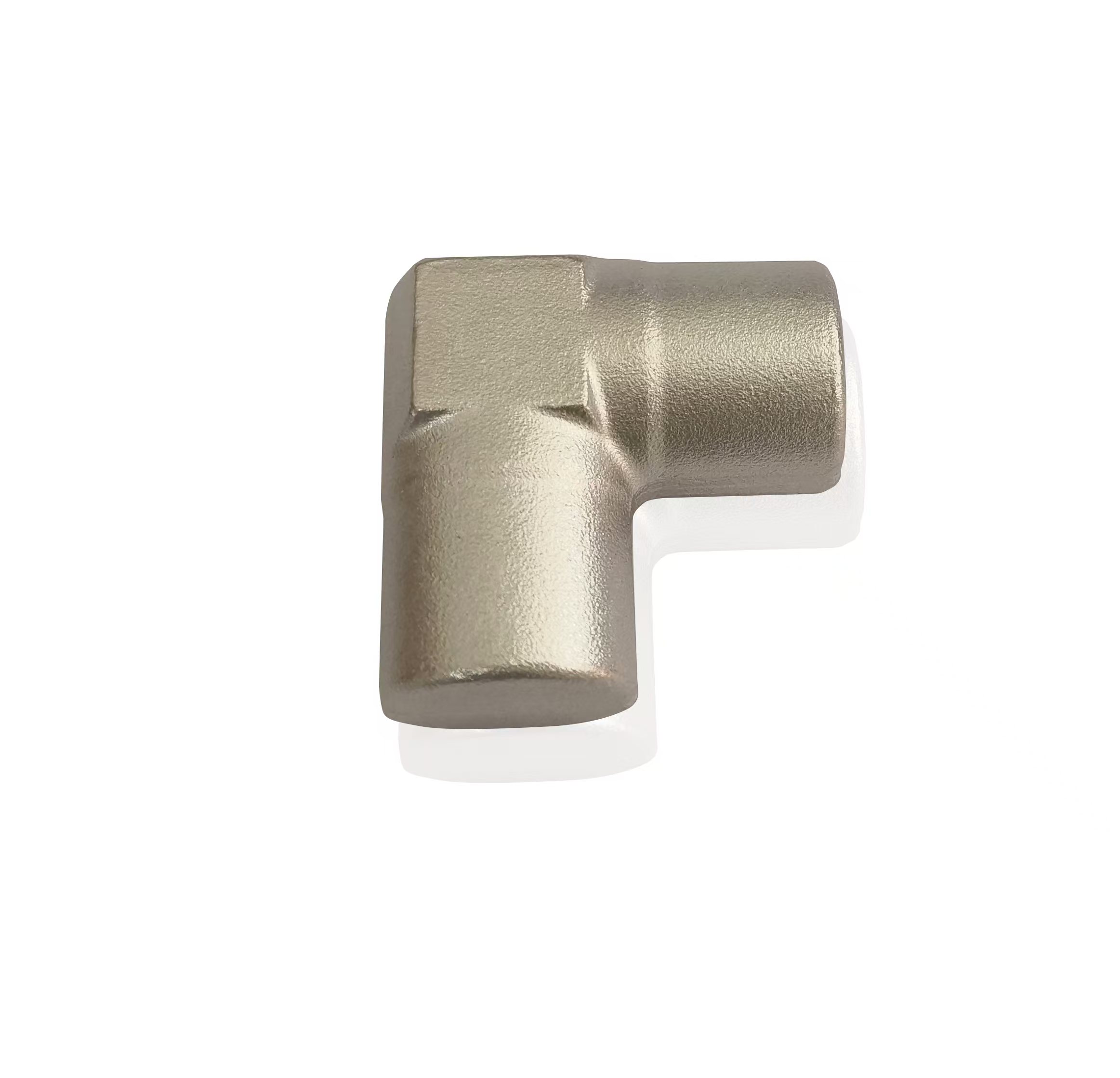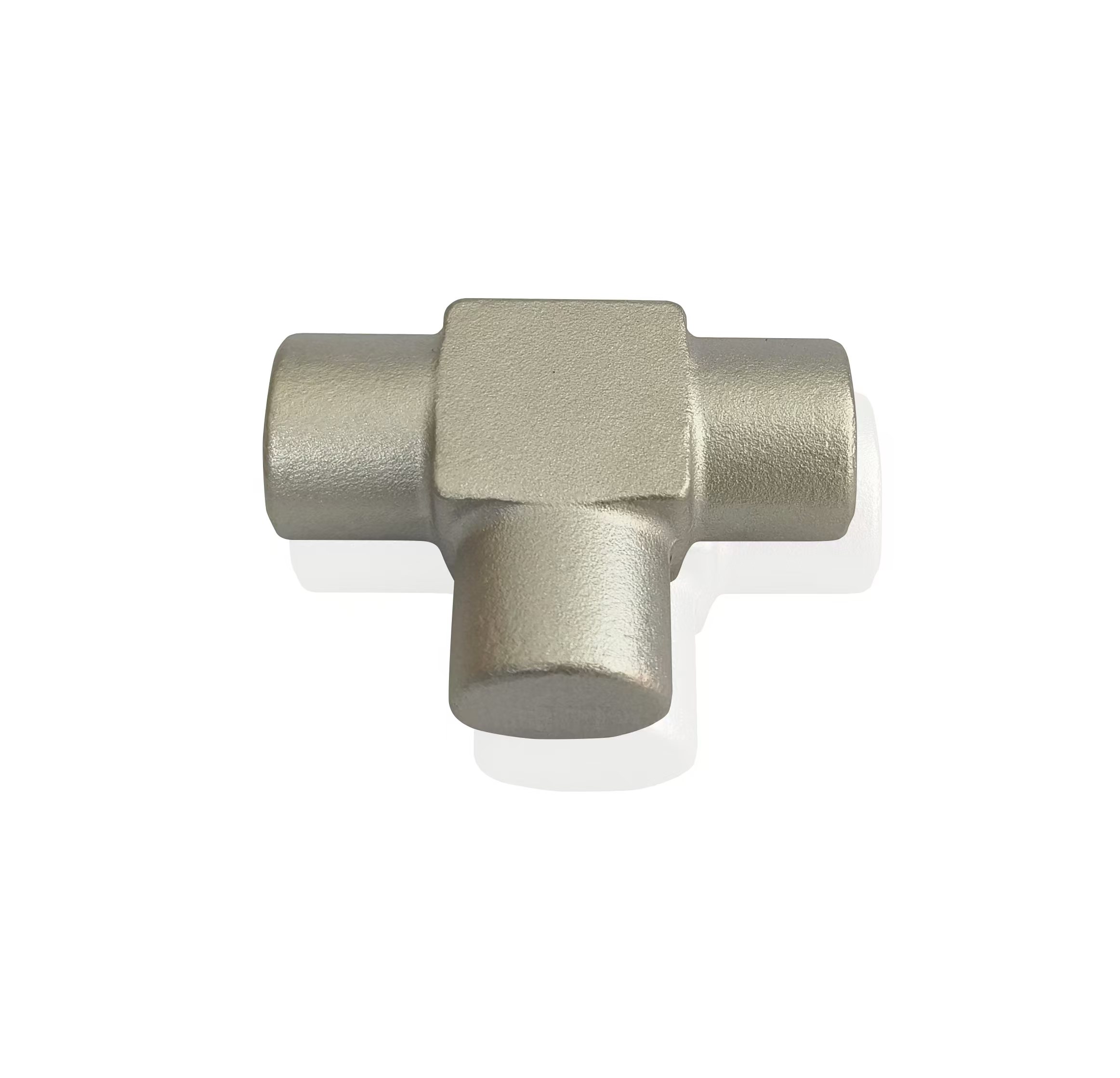What is 16 Gauge Steel?
16 gauge steel refers to a thickness measurement used in metalworking, commonly used in construction, manufacturing, and automotive industries. Gauge is a unit of measurement that determines the thickness of steel. In the case of 16 gauge, the thickness is standardized according to a gauge system, with lower numbers indicating thicker metal.
How Thick is 16 Gauge Steel?
In terms of thickness, 16 gauge steel measures approximately 0.0625 inches or 1.59 mm. It falls between 14 gauge steel (thicker) and 18 gauge steel (thinner) on the gauge scale, making it a middle-ground option for many practical applications.
Comparing Gauge Measurements
To understand how 16 gauge steel compares to other thicknesses, here’s a breakdown of common gauges and their thickness:
- 14 Gauge: 0.0781 inches (1.98 mm)
- 16 Gauge: 0.0625 inches (1.59 mm)
- 18 Gauge: 0.0478 inches (1.21 mm)
- 20 Gauge: 0.0359 inches (0.91 mm)
Applications of 16 Gauge Steel
16 gauge steel is widely used in a range of industries due to its optimal balance of strength and flexibility. Some of the most common applications include:
- Construction: Used for framing, panels, and structural elements due to its durability.
- Automotive: Ideal for parts like exhaust systems and body panels that require both strength and malleability.
- Manufacturing: Often utilized for creating toolboxes, HVAC components, and other products that need resistance to wear and tear.
- Metalworking: Frequently used for welding and forming into different shapes, 16 gauge steel is a versatile material in custom fabrication.
Advantages and Disadvantages of 16 Gauge Steel
Advantages
16 gauge steel is popular due to a variety of advantages:
- Strength: Provides a solid balance between strength and weight.
- Workability: Easy to weld, form, and cut for a wide range of projects.
- Cost-effective: Less expensive than thicker gauges like 14 gauge, while still offering excellent performance.
Disadvantages
Despite its advantages, there are a few drawbacks to using 16 gauge steel:
- Not as Strong as Thicker Steel: It may not be suitable for heavy-duty applications where maximum strength is required.
- Corrosion Risk: Without proper coating or treatment, 16 gauge steel can be susceptible to rust and corrosion in certain environments.
Is 16 Gauge Steel Right for Your Project?
Choosing the right gauge of steel depends on your specific needs. 16 gauge steel offers a good balance between strength and weight, making it ideal for medium-duty applications. It is suitable for most construction and automotive applications, but if your project requires extra strength, a thicker gauge may be necessary.
For light-duty projects, 16 gauge steel is an excellent choice. However, for applications that involve extreme loads or harsh environments, consider using thicker materials like 14 gauge or higher for added durability.




